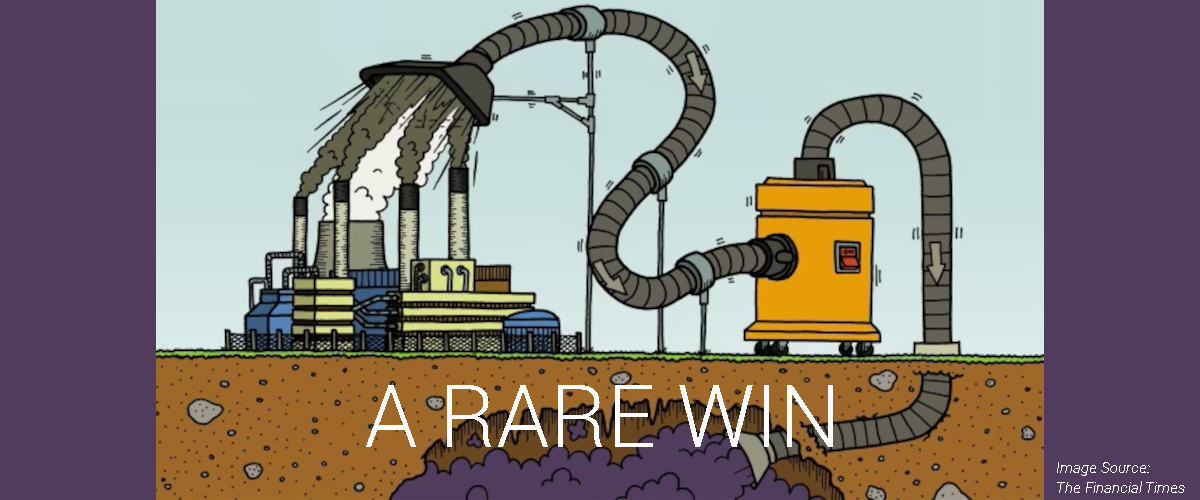1st June 2024
Author: Robert Watson
A WIN FOR US ALL - EXCEPT GLENCORE
The climate and Australia had a win this week. A proposal by the Glencore mining group to store liquified carbon dioxide (CO2) derived from a planned, but unproven, carbon capture process into subsurface sandstone beneath the Great Artesian Basin was rejected by the Queensland Government.





